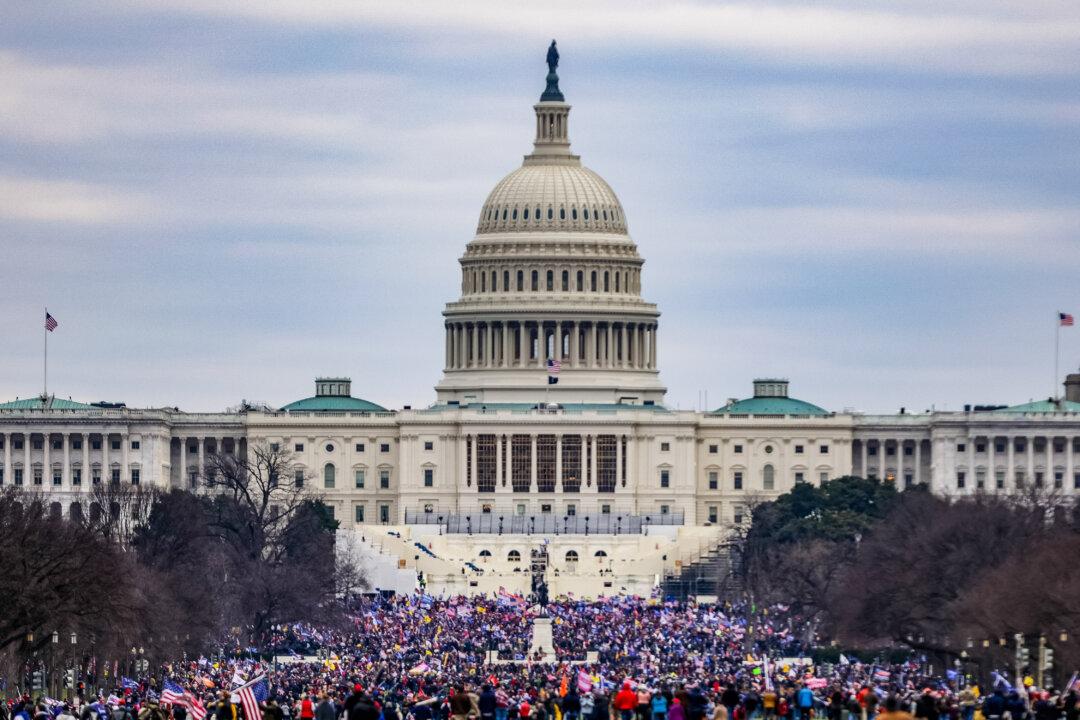A federal court on April 9 rejected an appeal from a man convicted over the Jan. 6, 2021, breach of the U.S. Capitol.
John Nassif had argued one of the laws he was convicted of violating was unconstitutionally overbroad and vague. The law prohibits “parading, demonstrating, or picketing in a Capitol building.”





